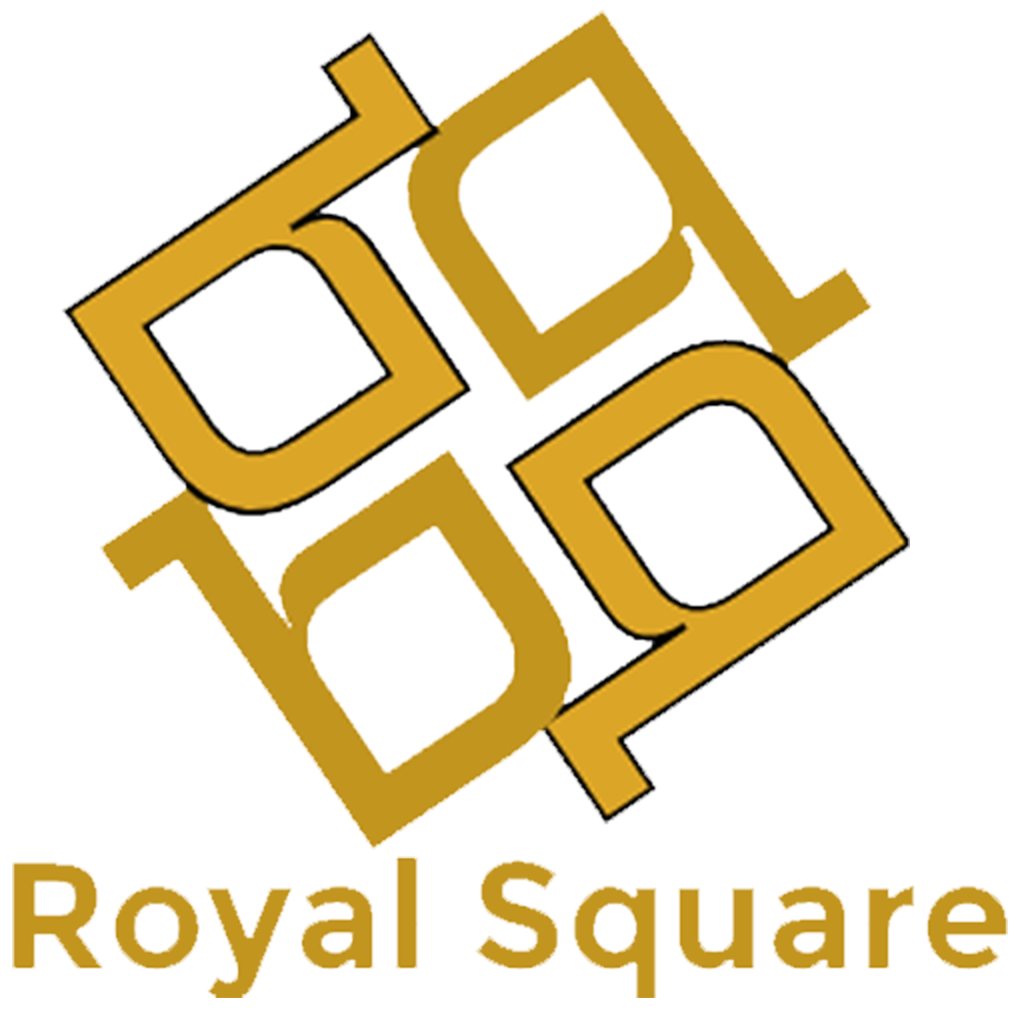The BBC has issued a formal apology for the programme and an internal review found that the programme’s child narrator is the son of Ayman Alyazouri, who has worked as Hamas’s deputy minister of agriculture
13:22, 01 Mar 2025Updated 13:22, 01 Mar 2025
Counter-terror police are currently assessing complaints regarding a BBC documentary that delved into life in Gaza, which controversially featured the son of a Hamas official as its child narrator.
An internal review by the BBC of the programme titled “Gaza: How To Survive A Warzone” revealed that the boy is, in fact, the son of Ayman Alyazouri, identified as serving as Hamas’s deputy minister of agriculture.
The production company behind the documentary, Hoyo Films, apparently informed the BBC they had compensated the boy’s mother with “a limited sum of money for the narration”.
Metropolitan Police have been brought into the frame, as a spokesperson affirmed: “We’re aware of a BBC documentary about Gaza and we have received a number of reports raising concerns.”
They added: “Officers from the Met’s Counter Terrorism Command are currently assessing whether any police action is required in relation to this matter.”
The situation escalated to political echelons, with Culture Secretary Lisa Nandy consulting with BBC chairman Dr Samir Shah last Friday, demanding assurances “that no stone will be left unturned” as the broadcaster reviews the documentary.
Meanwhile, a BBC representative acknowledged that “serious flaws in the making of this programme” had come to light, attributing blame to both the production company and to lapse in BBC oversight. The spokesperson continued, “Some of these were made by the production company and some by the BBC; all of them are unacceptable.”
BBC News shouldered full responsibility for the errors, expressing remorse for how they’ve impacted the corporation’s standing.
Expressing their regret, the spokesperson echoed: “BBC News takes full responsibility for these and the impact that these have had on the corporation’s reputation. We apologise for this.”
They stressed the paramount importance of audience trust, conceding that “Nothing is more important than the trust that our audiences have in our journalism. This incident has damaged that trust.
“While the intent of the documentary was aligned with our purpose – to tell the story of what is happening around the world, even in the most difficult and dangerous places – the processes and execution of this programme fell short of our expectations.
“Although the programme was made by an independent production company, who were commissioned to deliver a fully compliant documentary, the BBC has ultimate editorial responsibility for this programme as broadcast.”
A spokesperson highlighted a critical area of concern: “the family connections of the young boy who is the narrator of the film”.
It was noted that “the production company was asked in writing a number of times by the BBC about any potential connections he and his family might have with Hamas.”
Following revelations about Abdullah Al-Yazouri, which brought into question impartiality amidst the ongoing conflict between Israel and Hamas, the BBC swiftly supplemented the programme with a disclaimer before removing it from its iPlayer service and stating there are no plans for the show to be aired again.
On Tuesday, protests erupted outside the Broadcasting House in London as individuals accused the BBC of broadcasting Hamas propaganda.
The decision to pull the documentary has not been without backlash, with notable figures like Gary Lineker, Anita Rani, Riz Ahmed, and Miriam Margolyes amongst over 500 media personalities criticising the move.
Hundreds of TV and film professionals, along with journalists, have penned an open letter to BBC’s director-general Tim Davie, chairman Dr Shah, and the departing chief content officer Charlotte Moore, labelling the removal of a documentary as “politically motivated censorship”.
